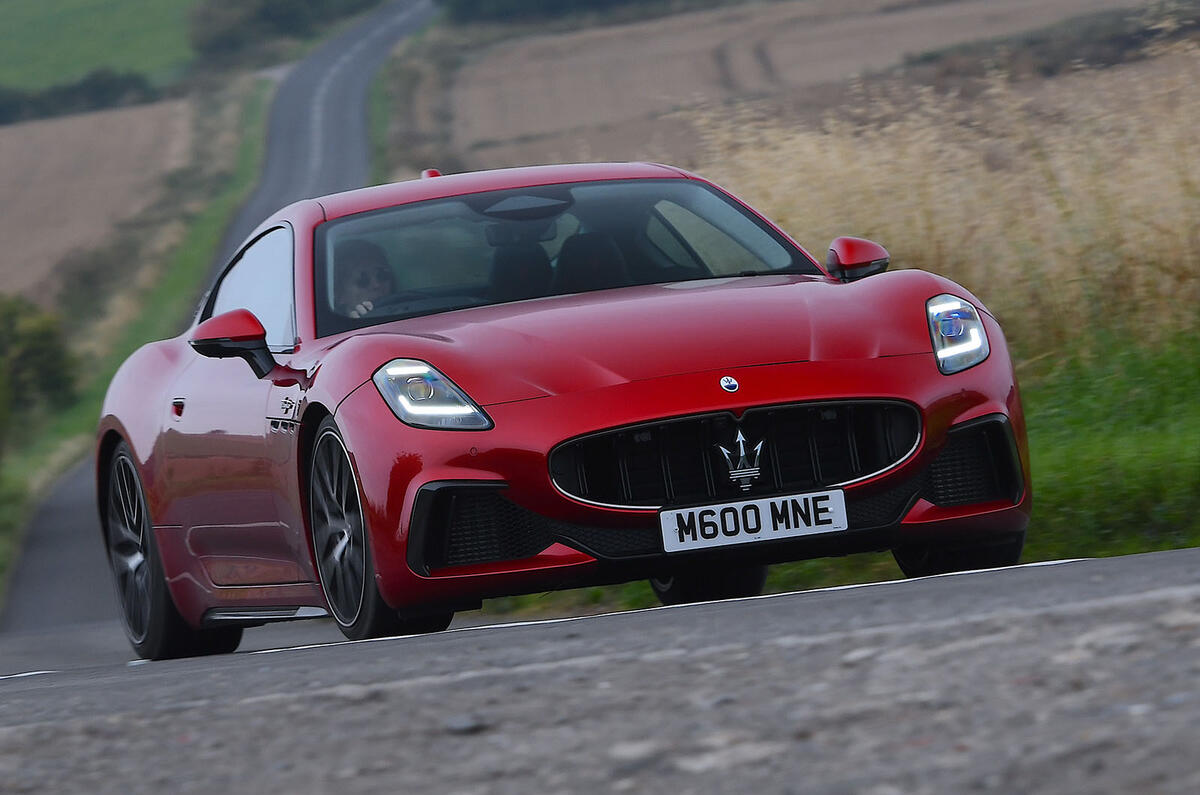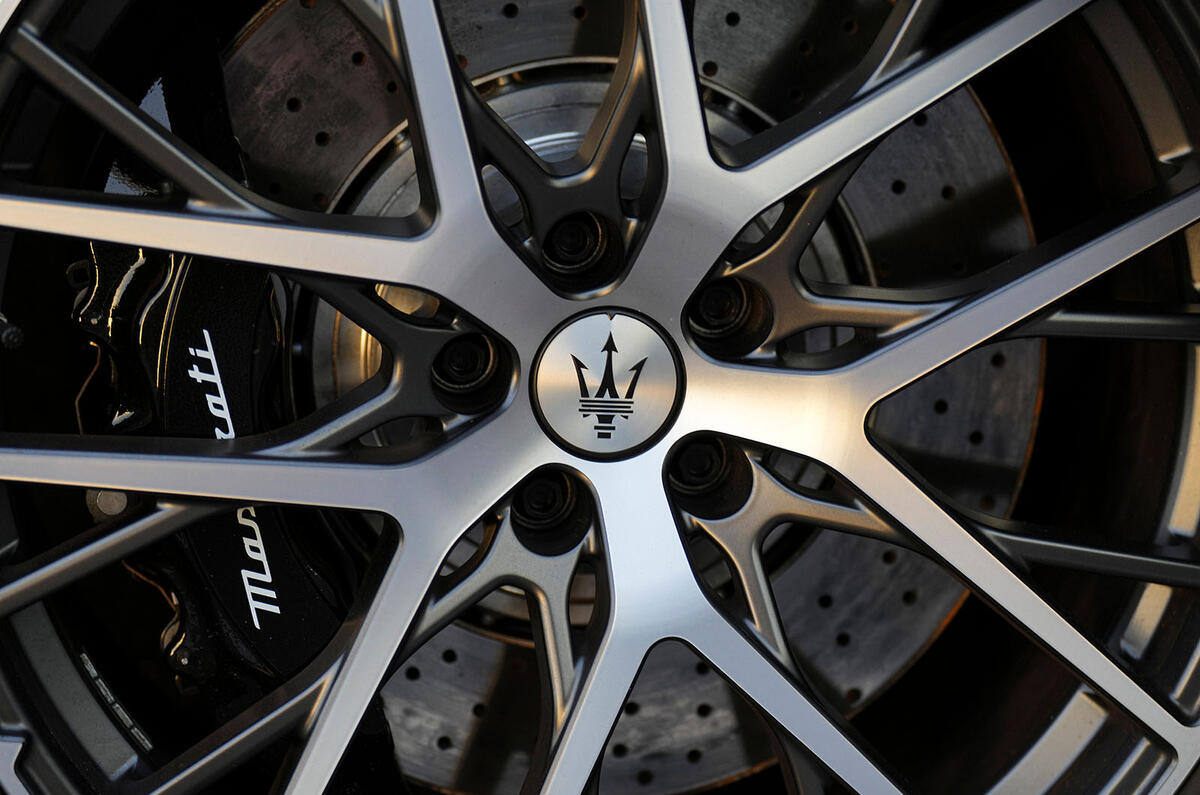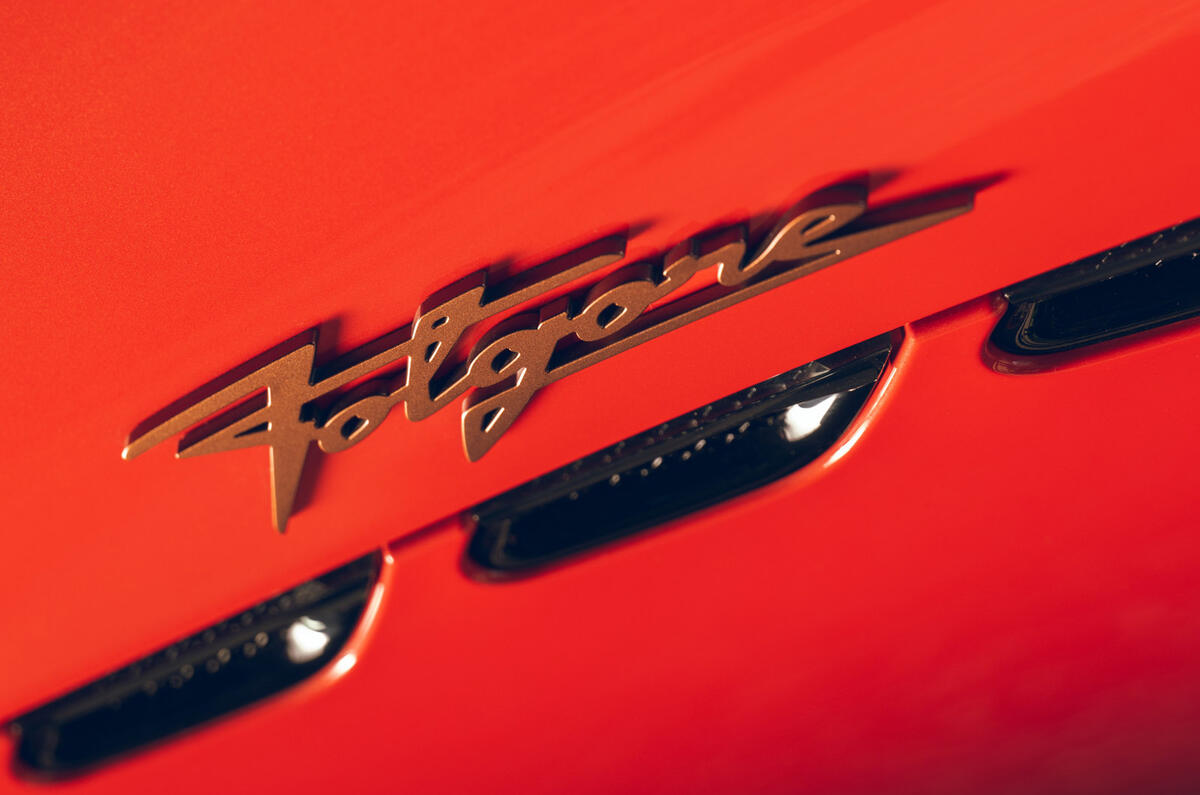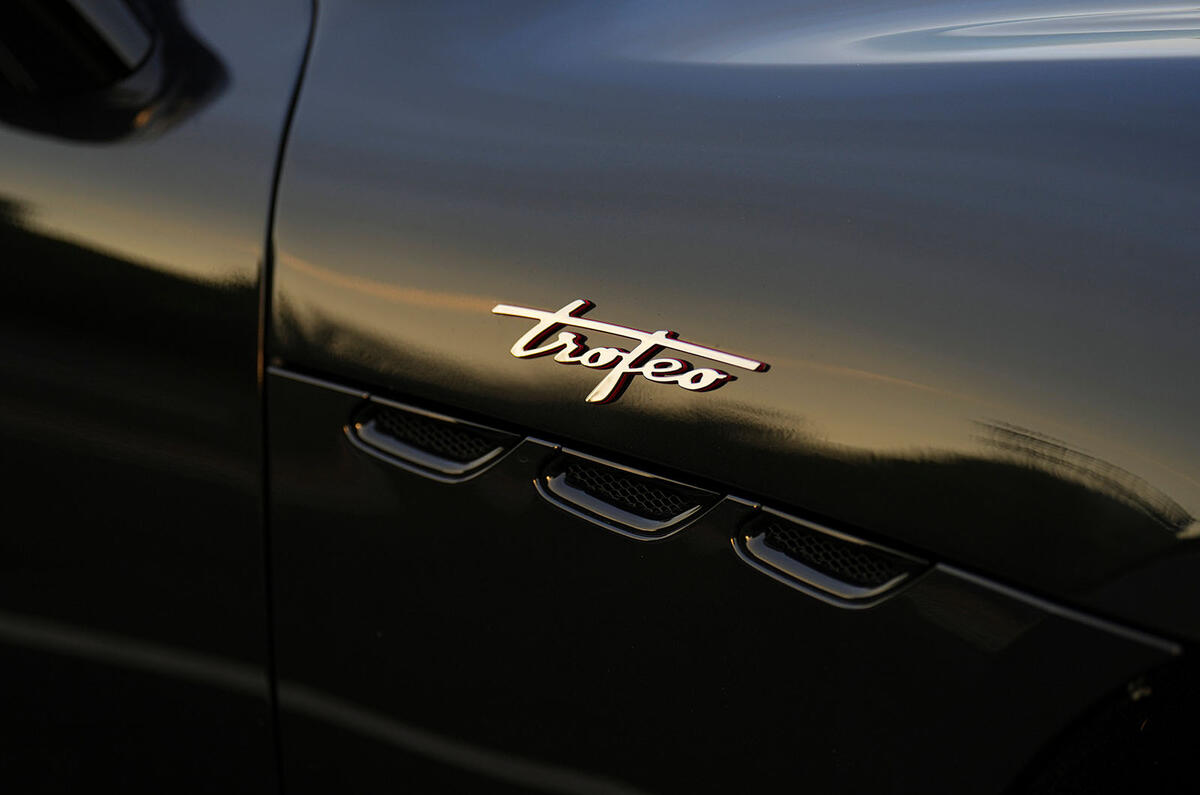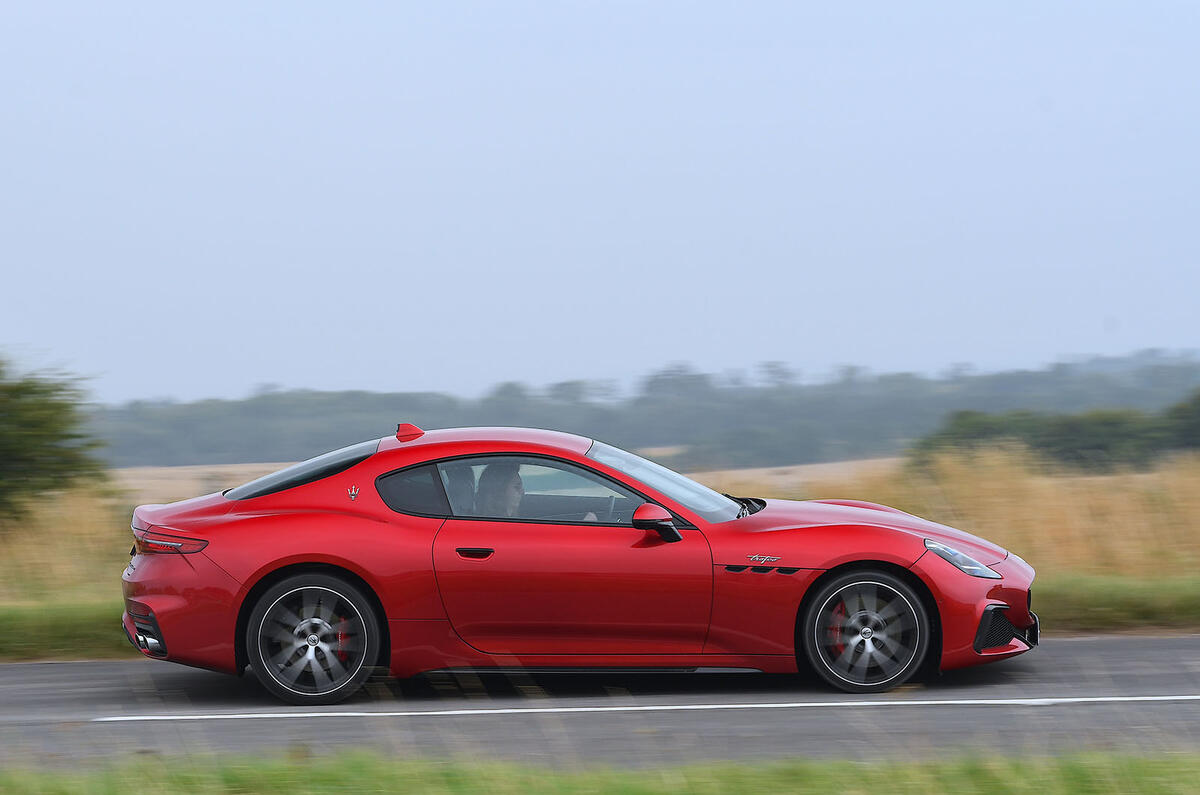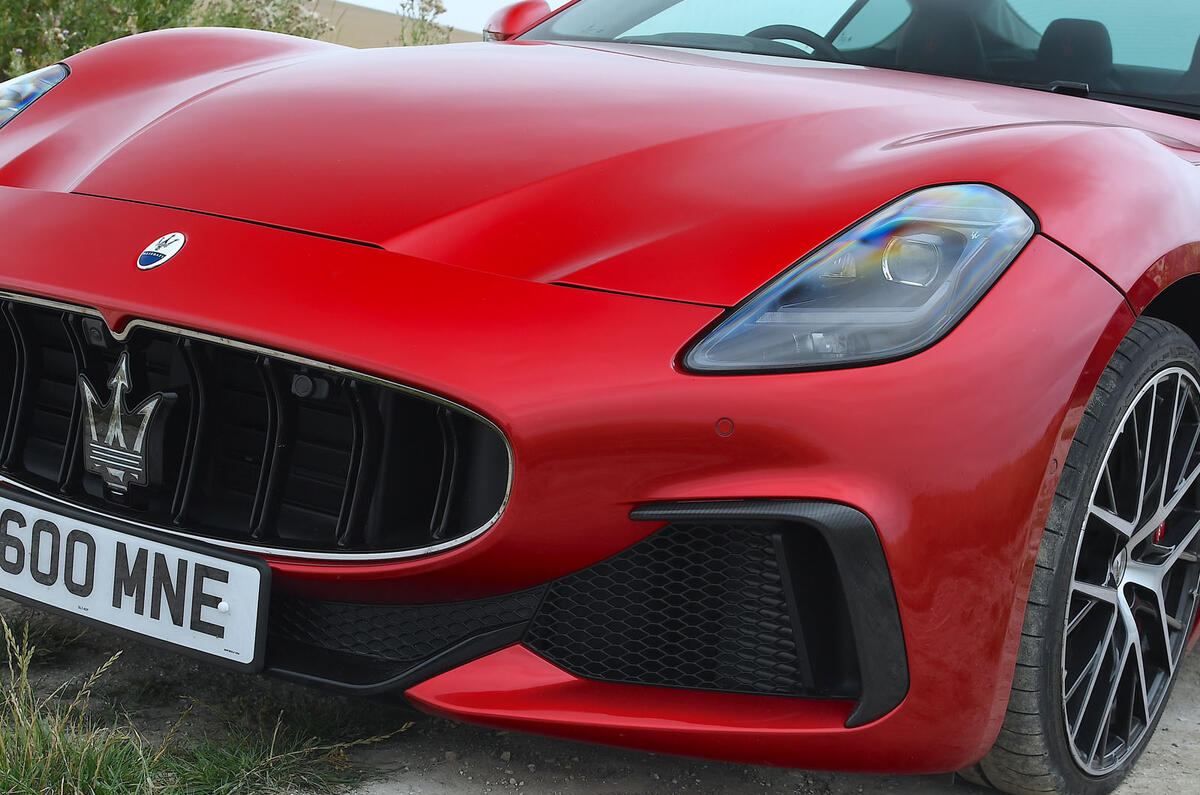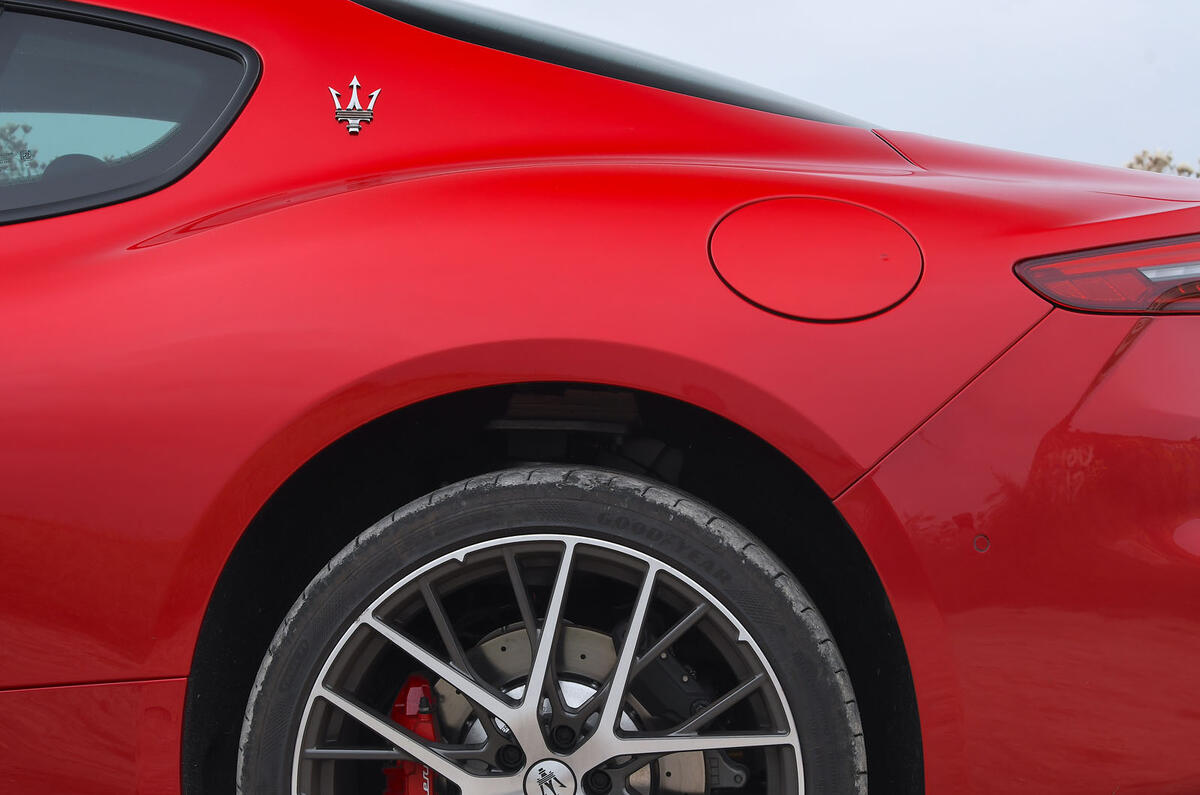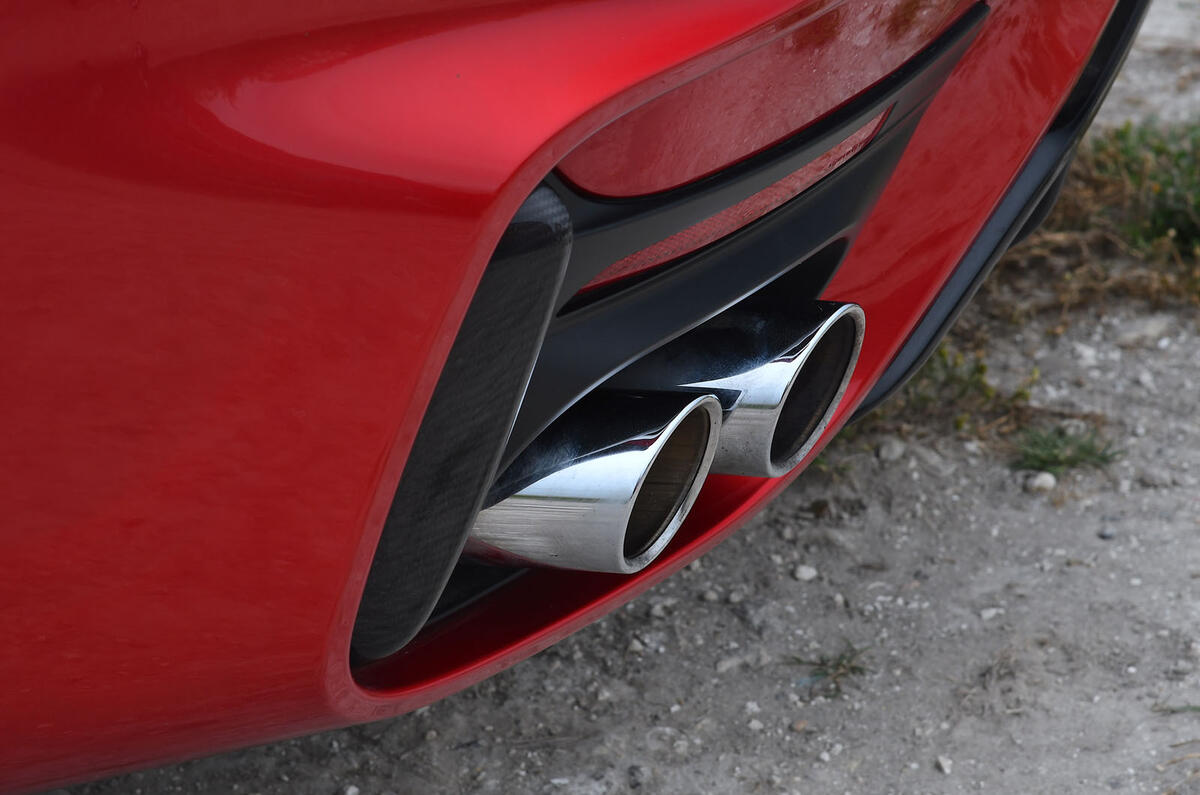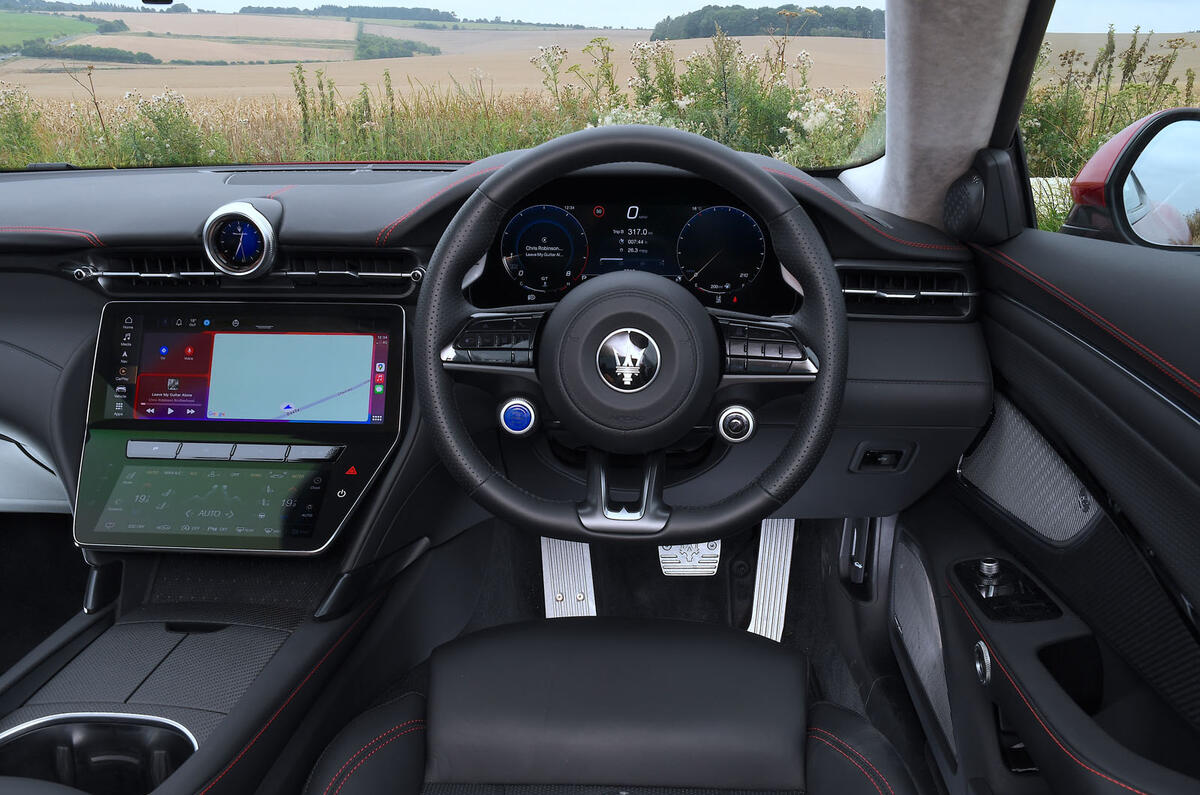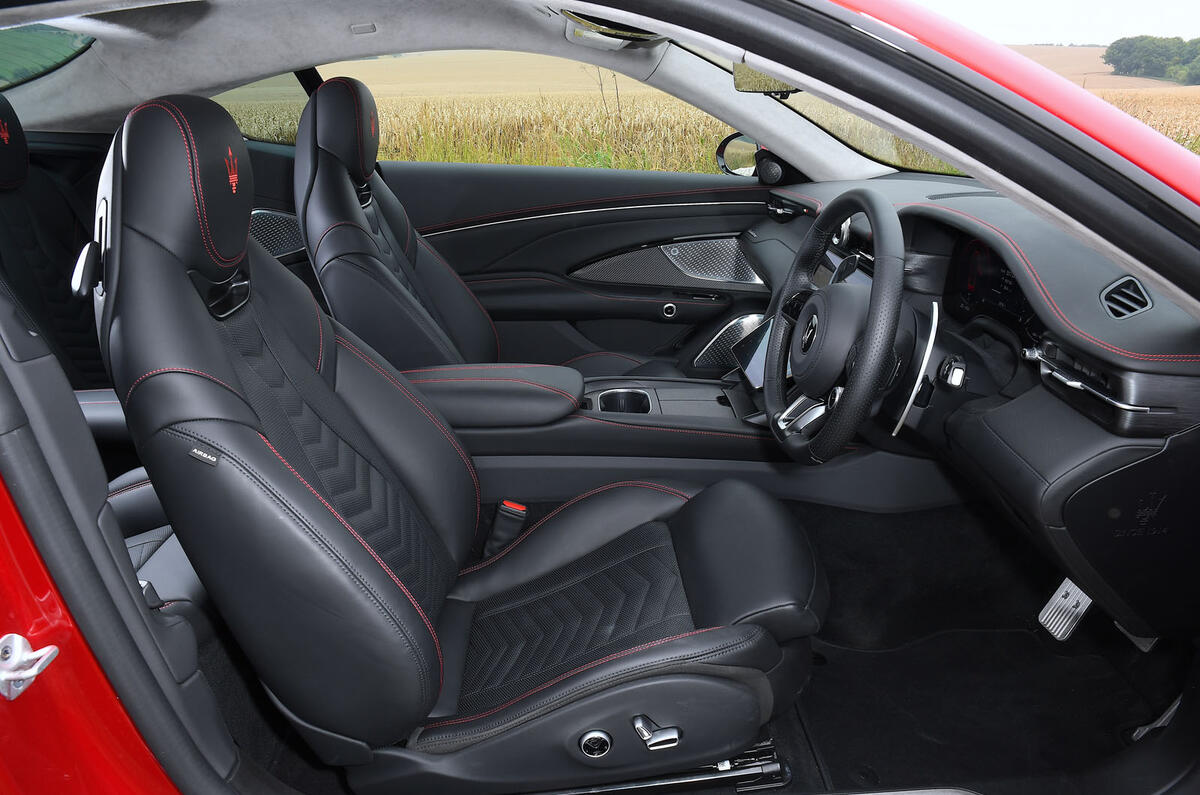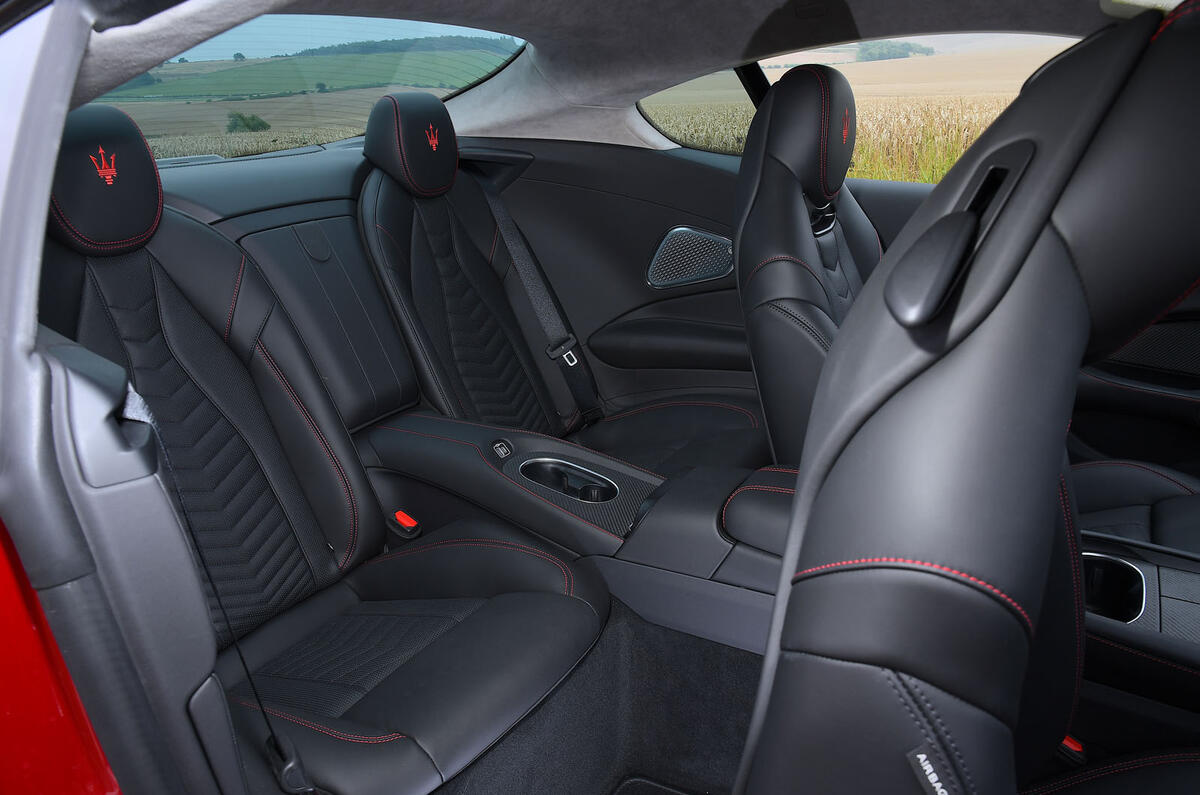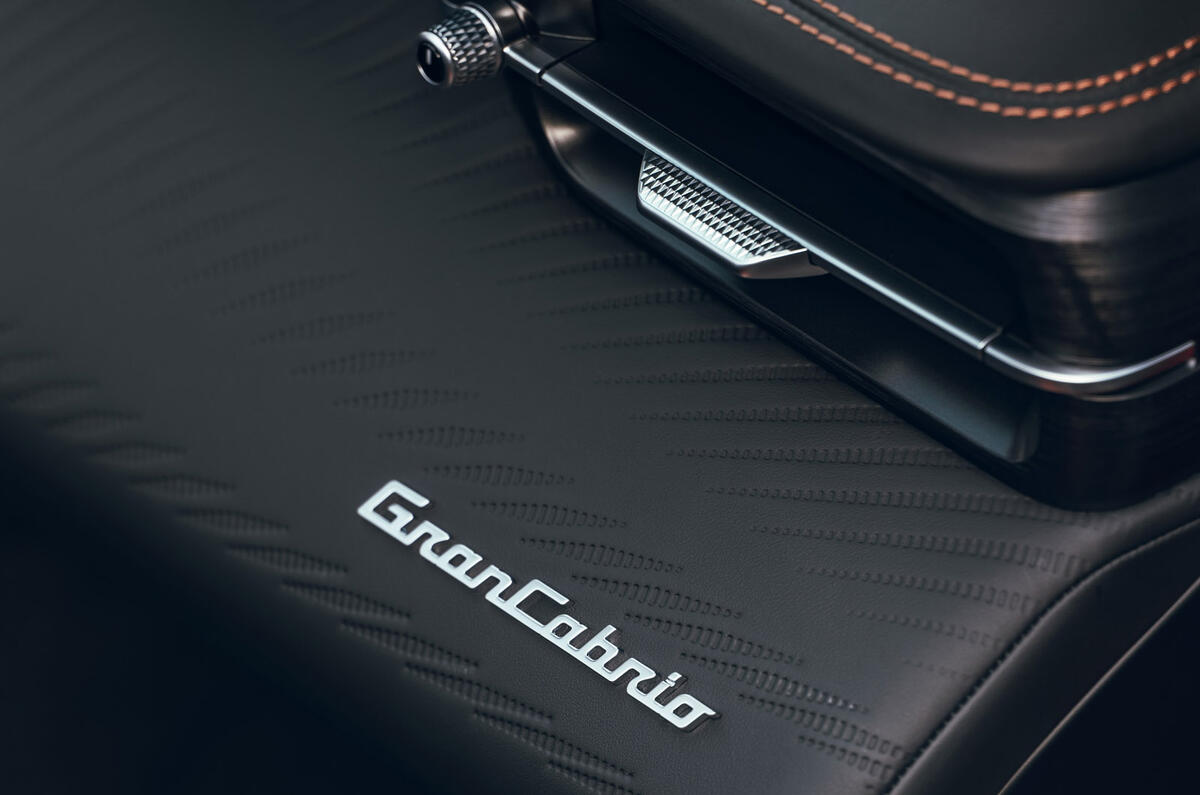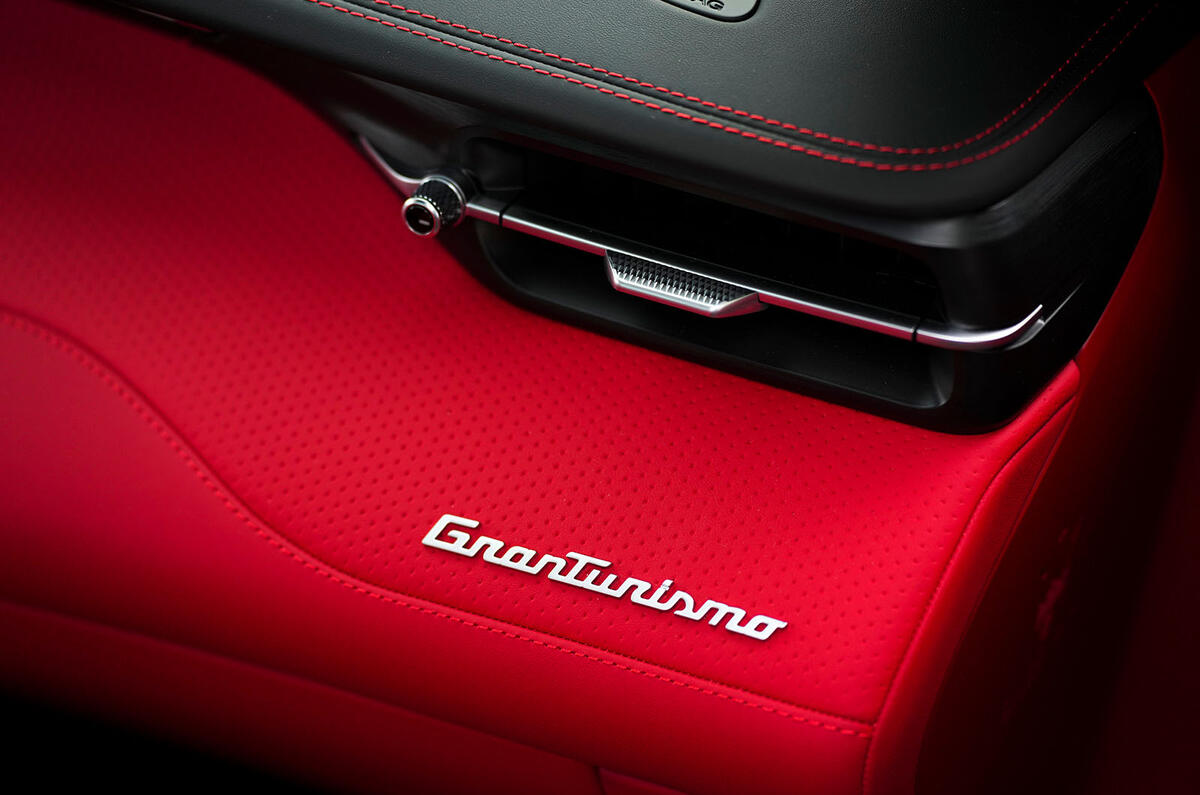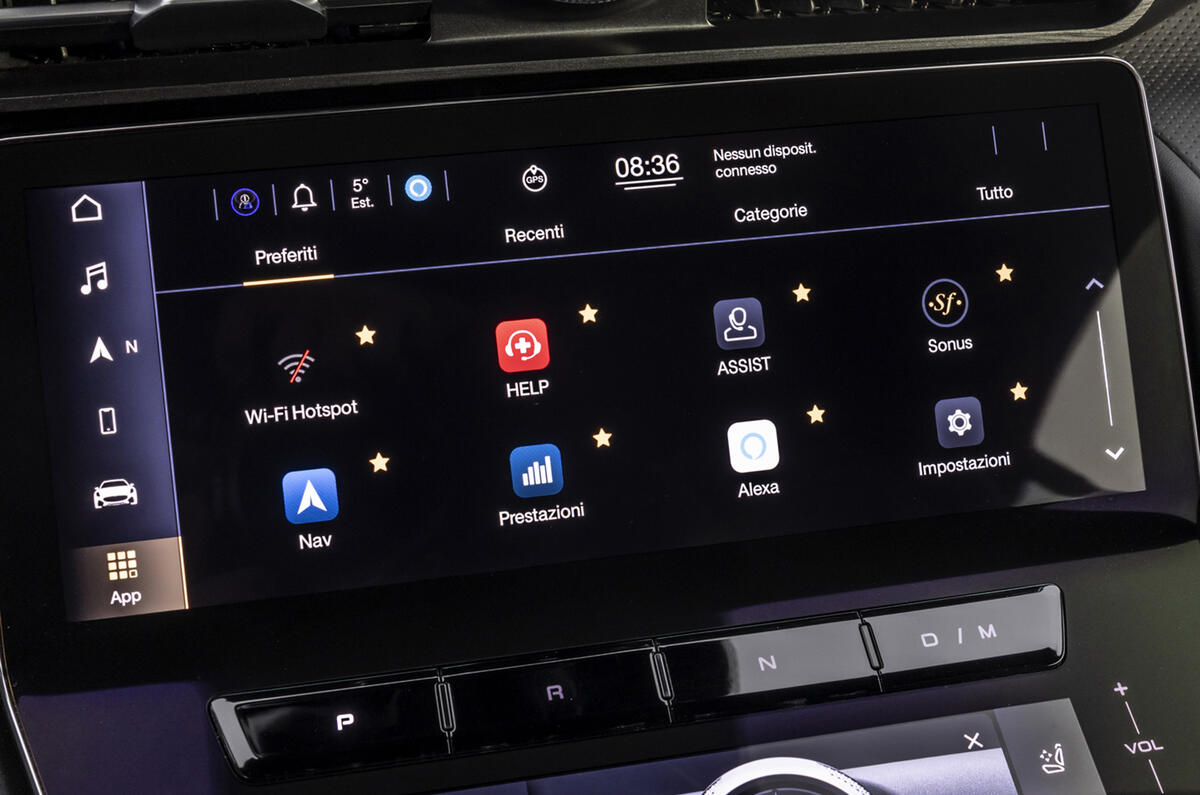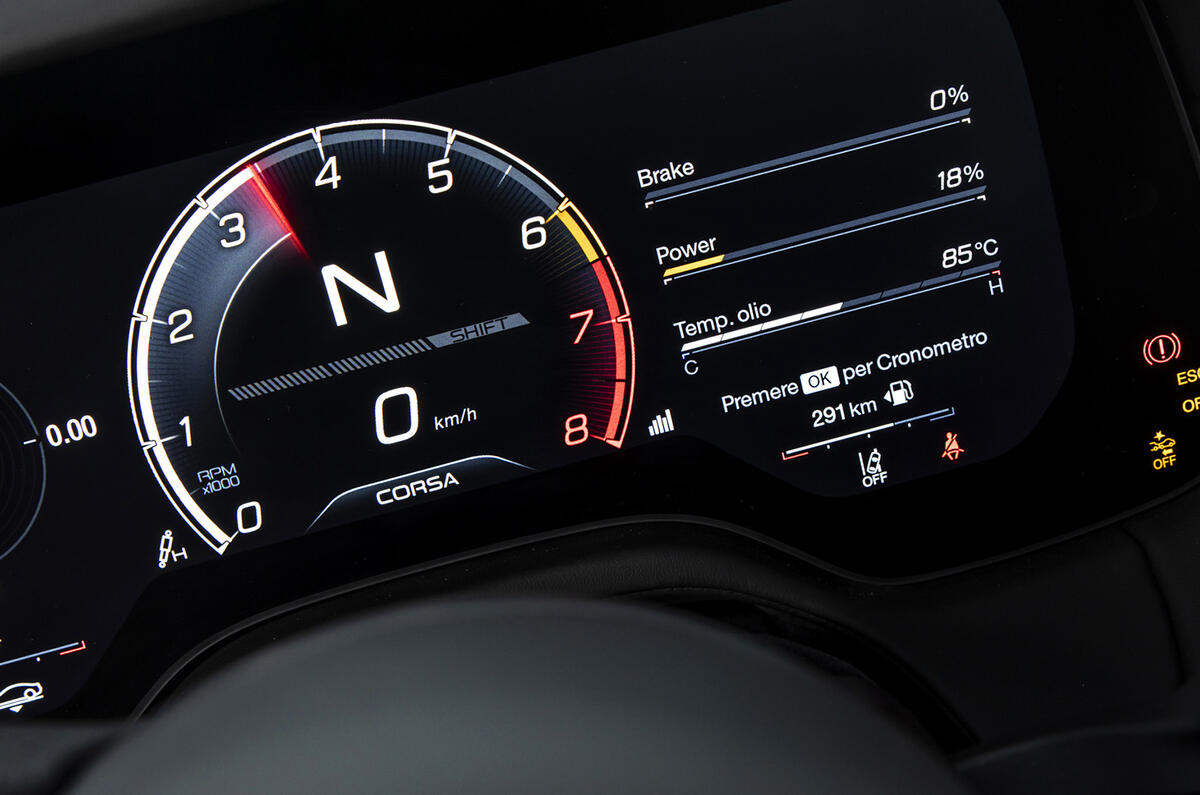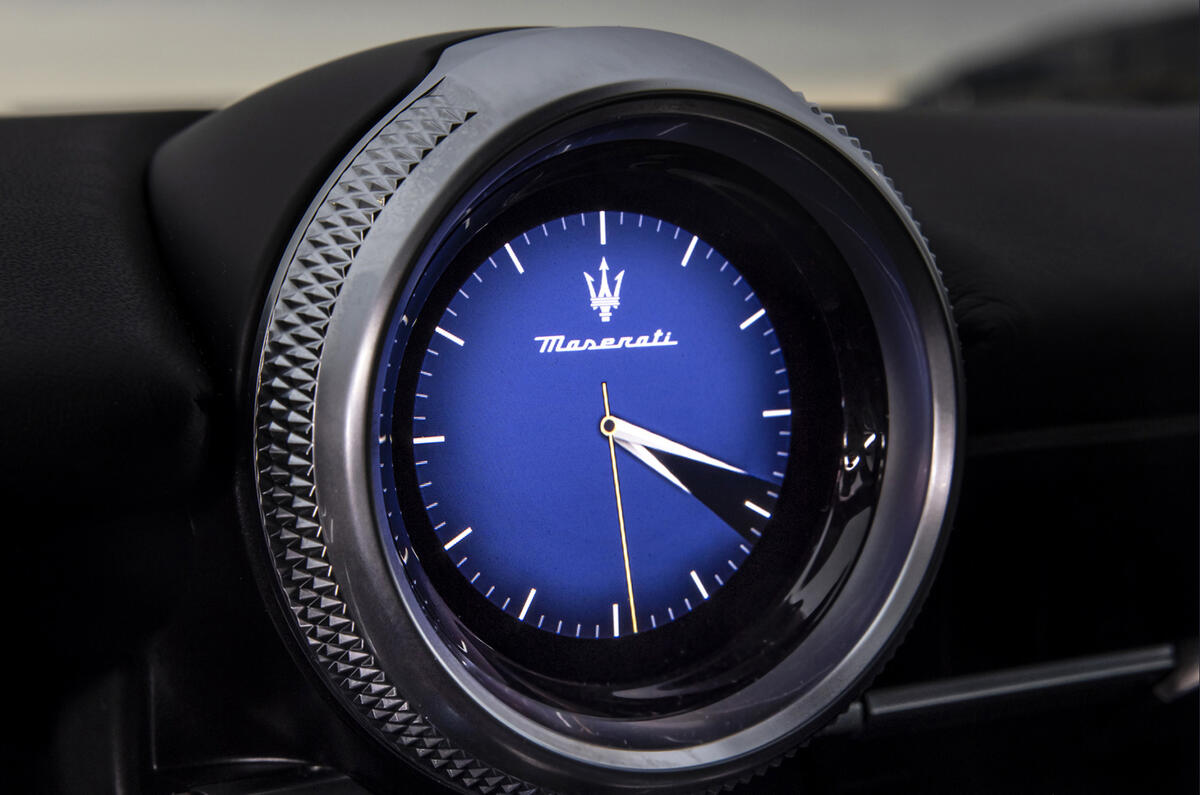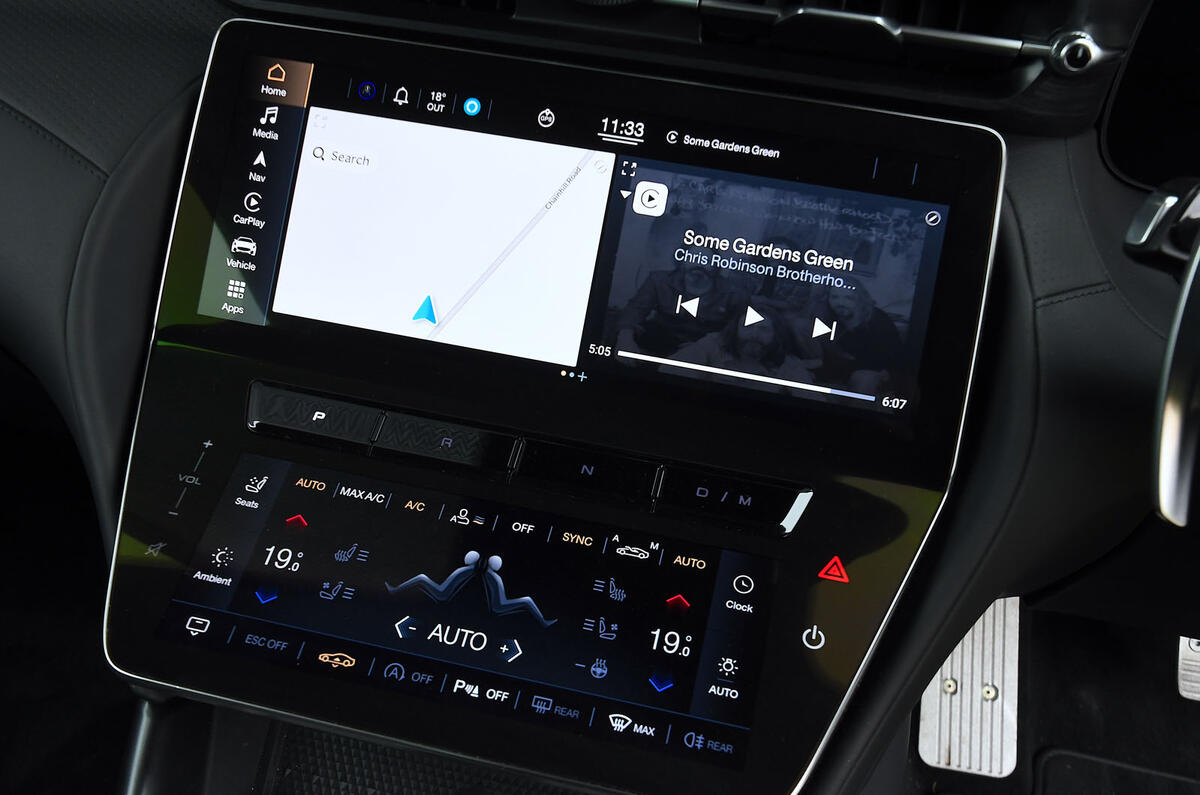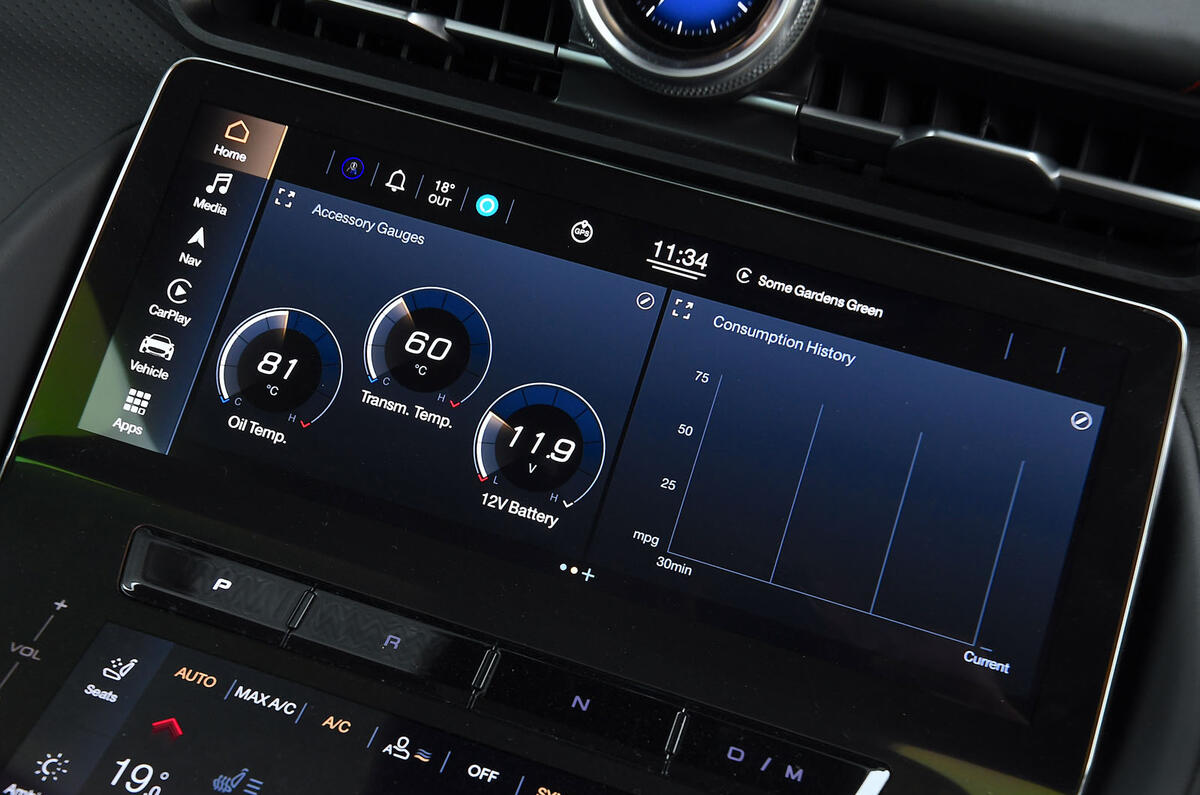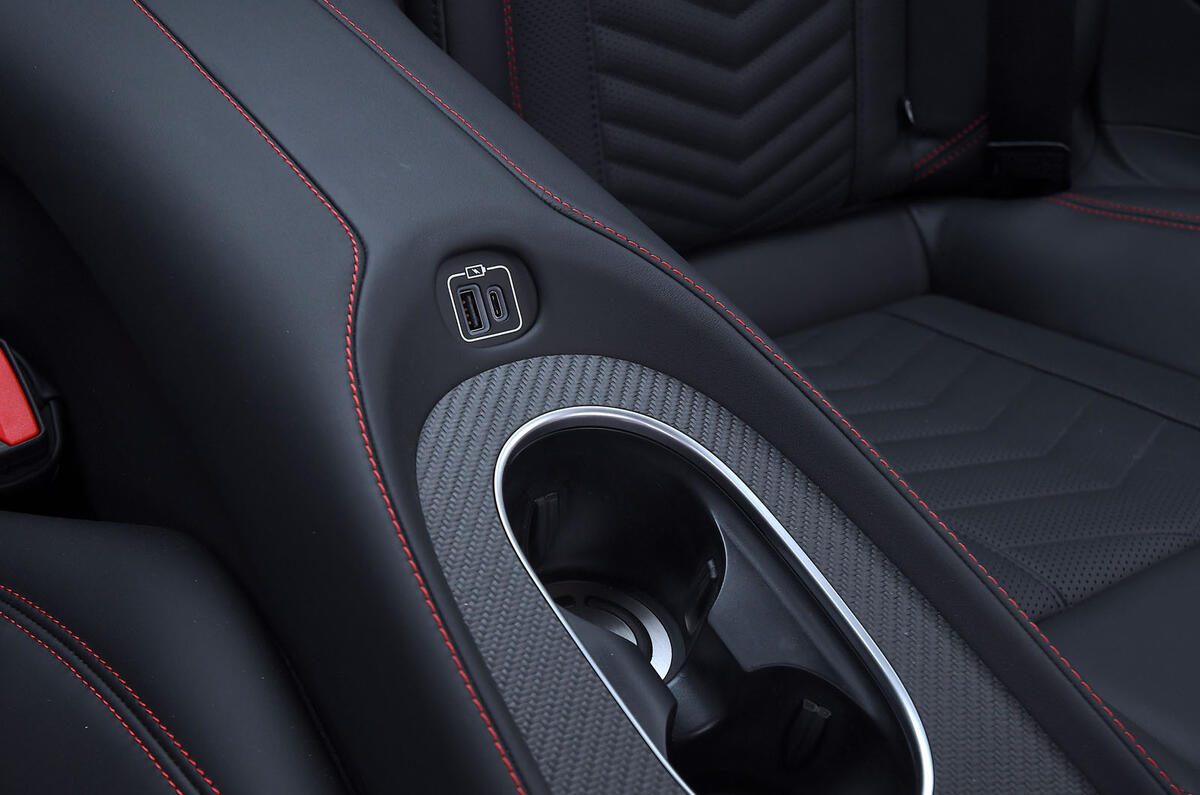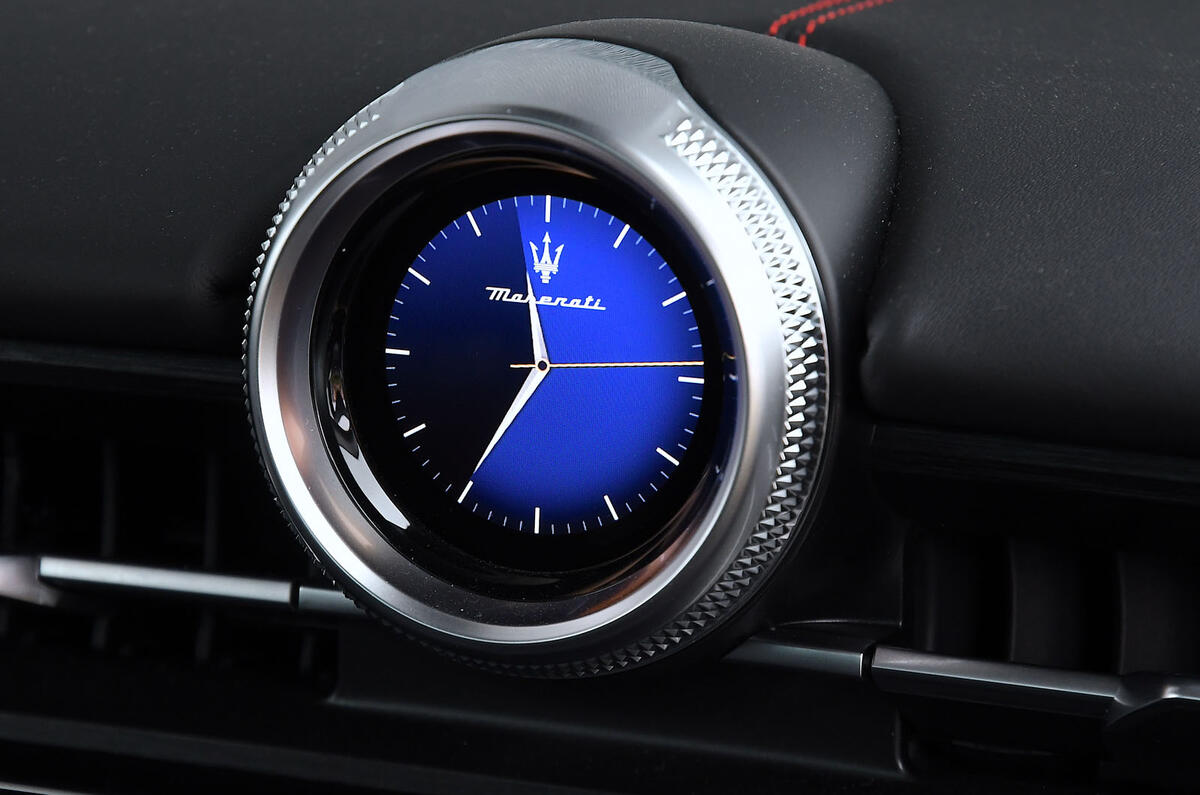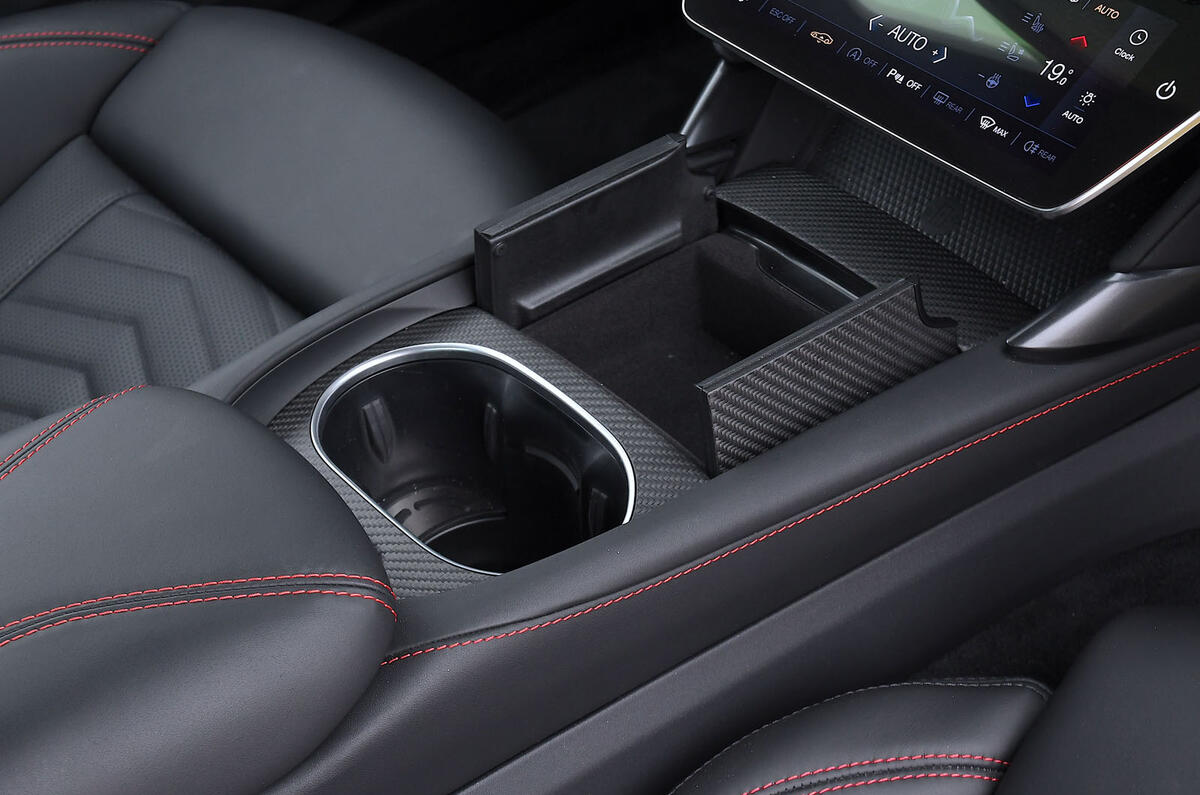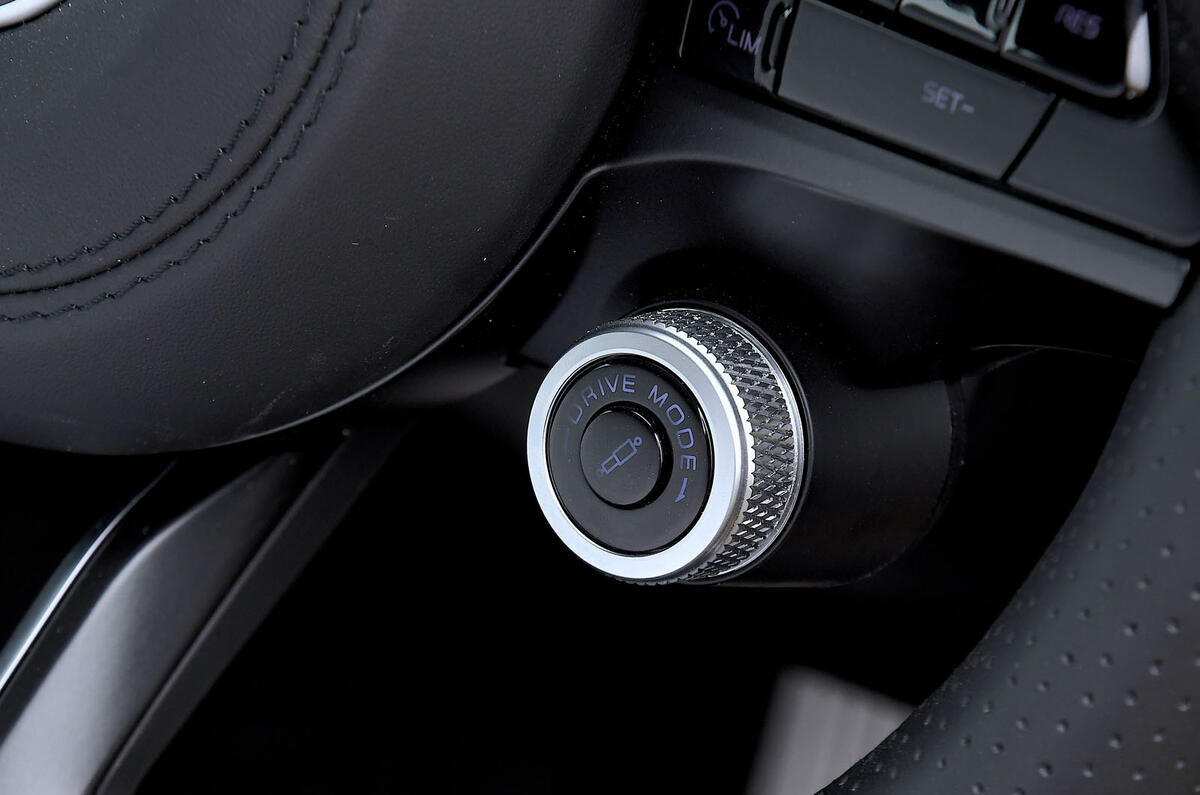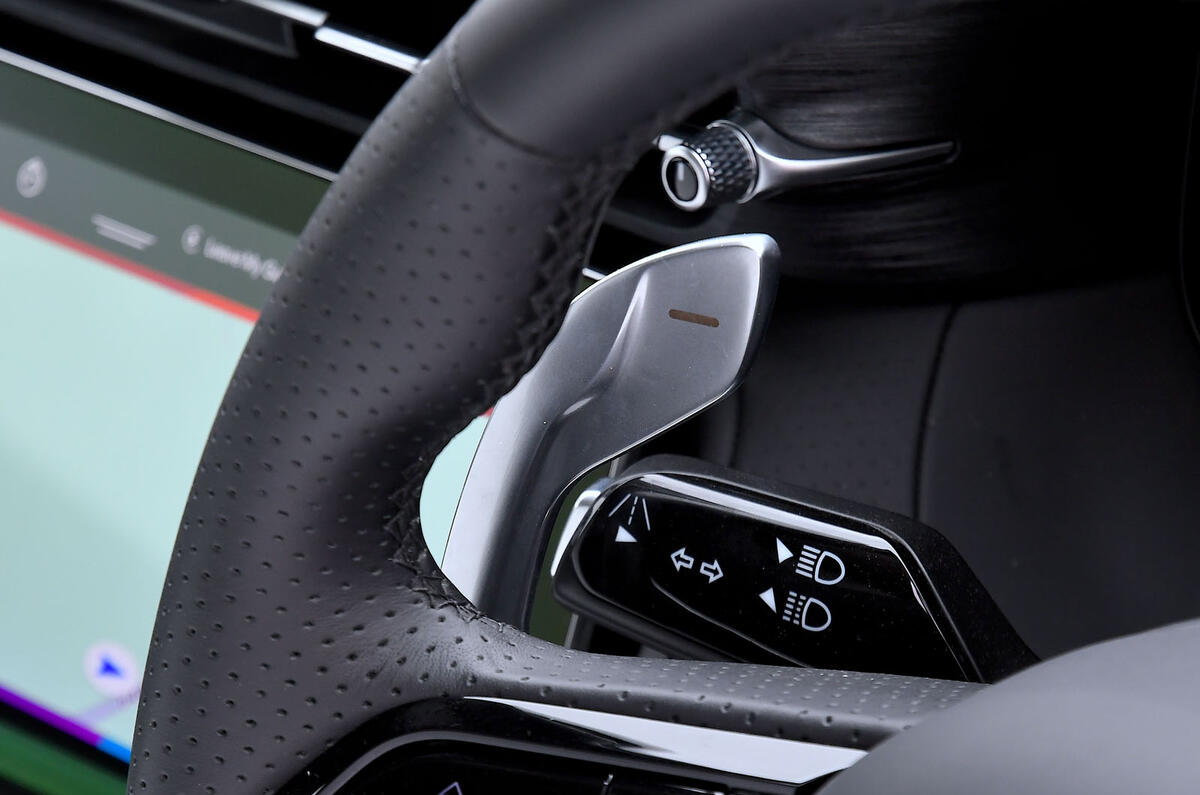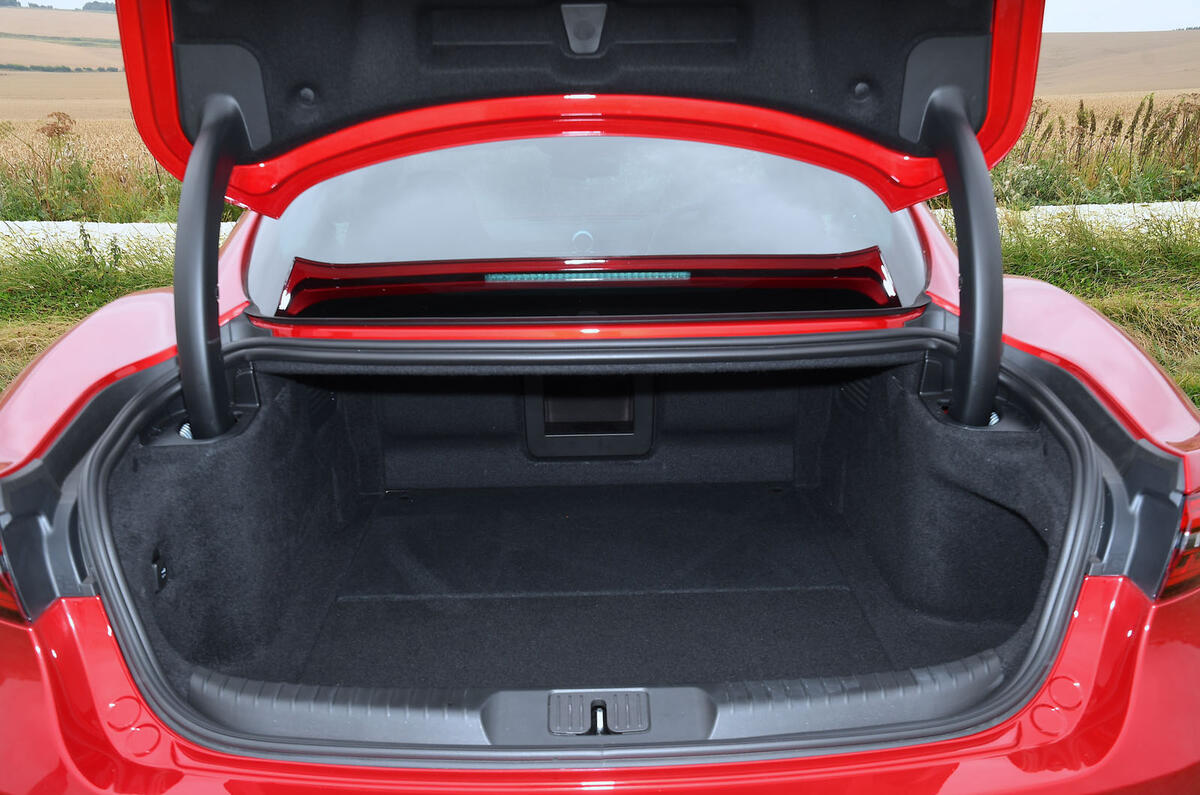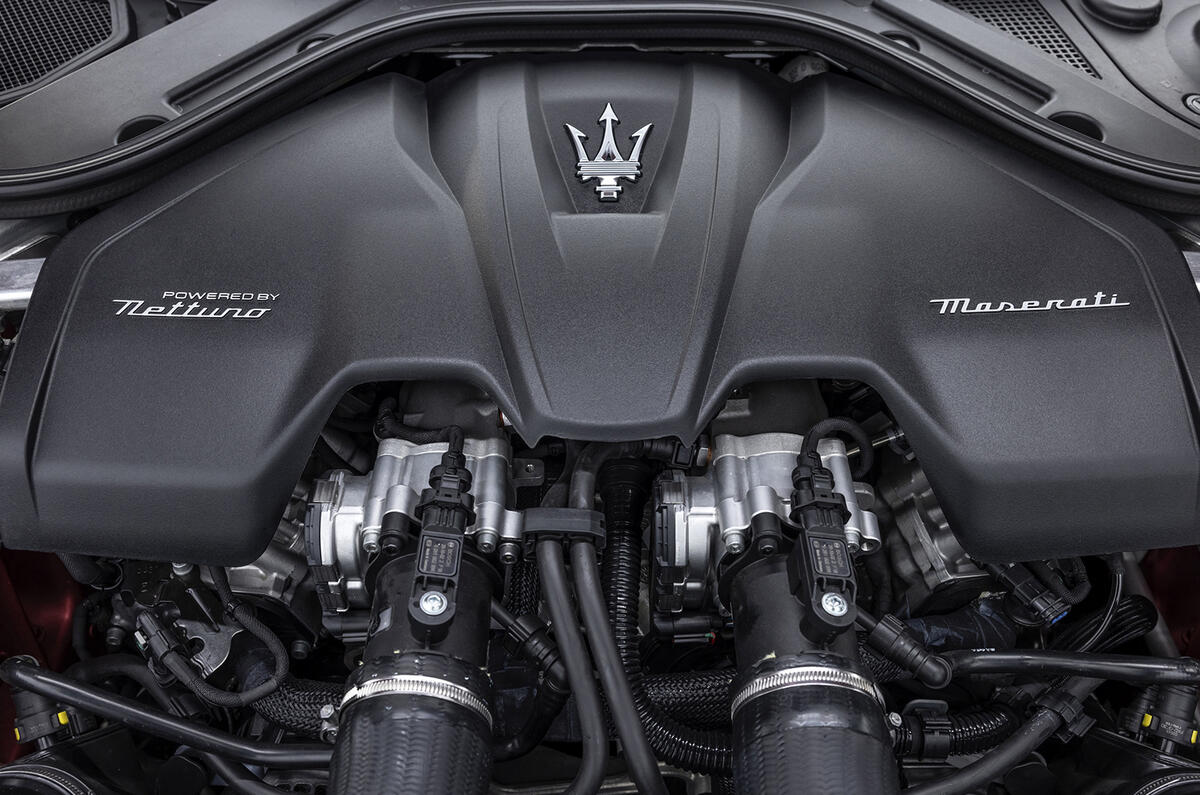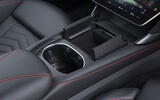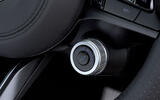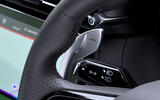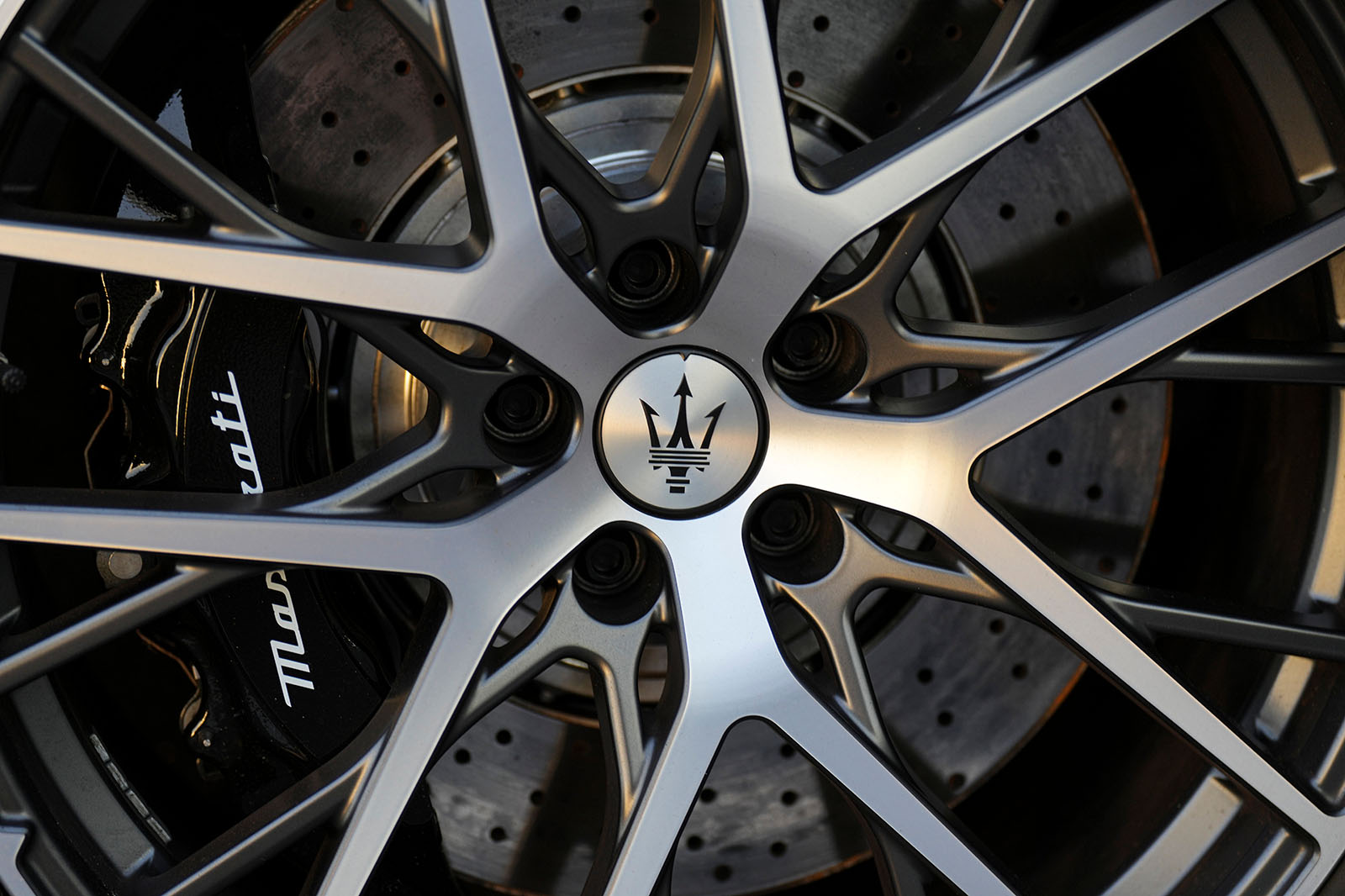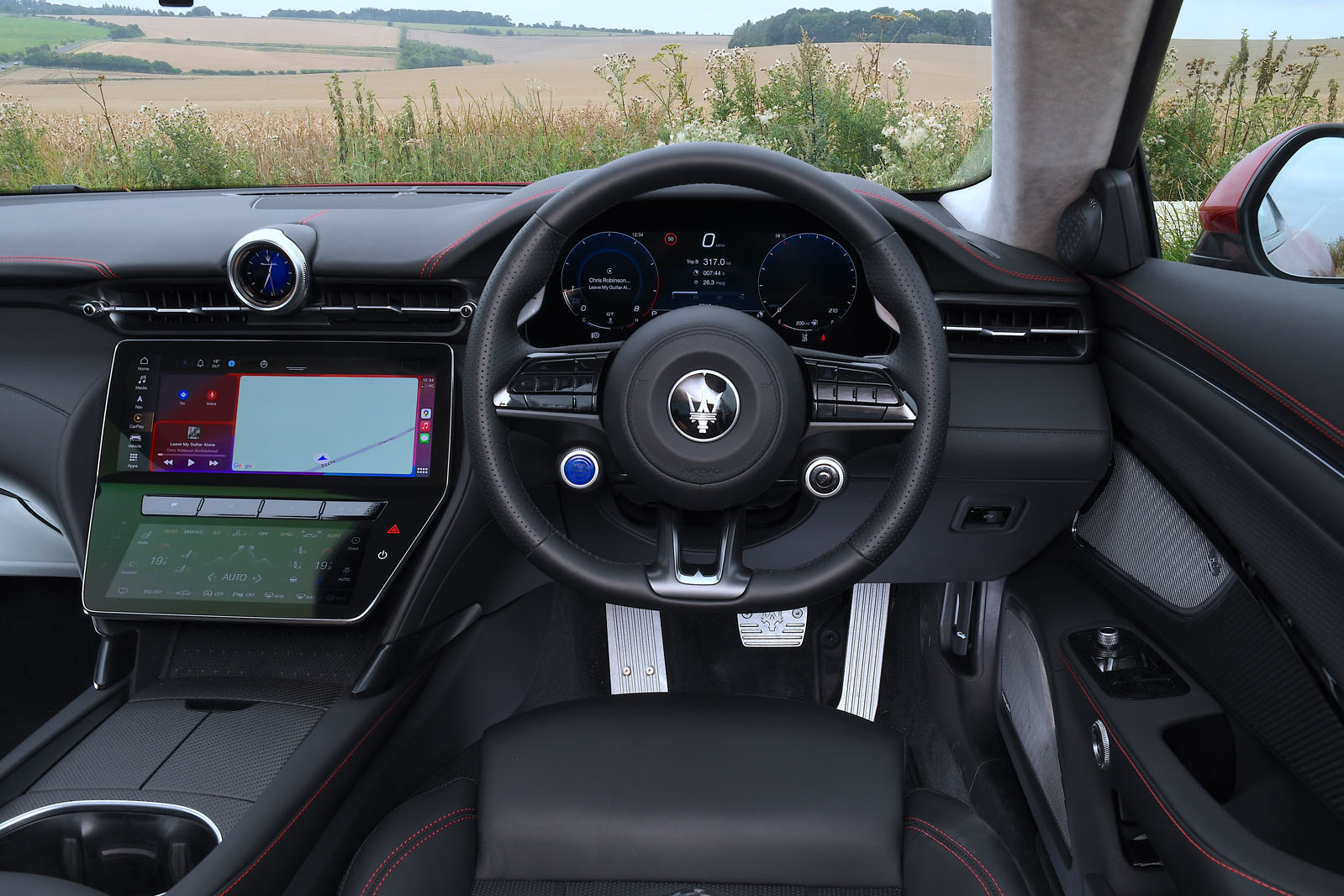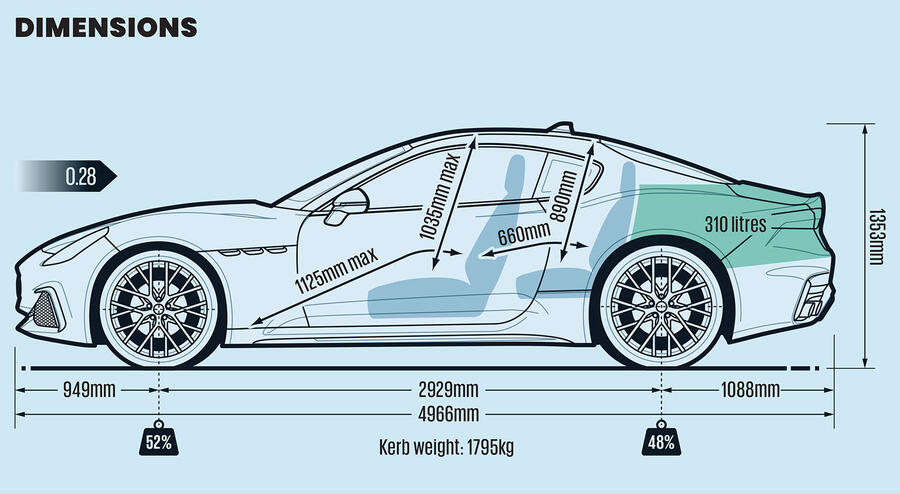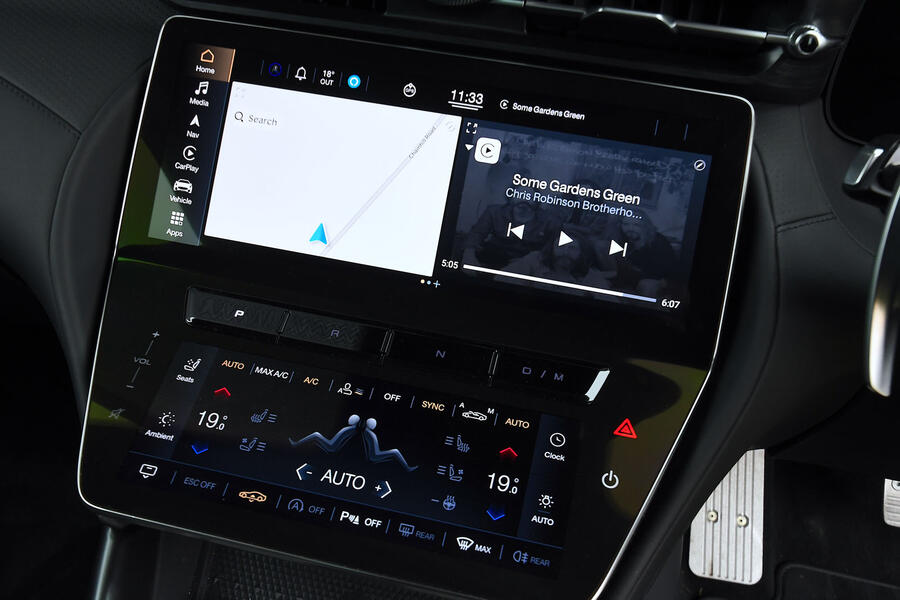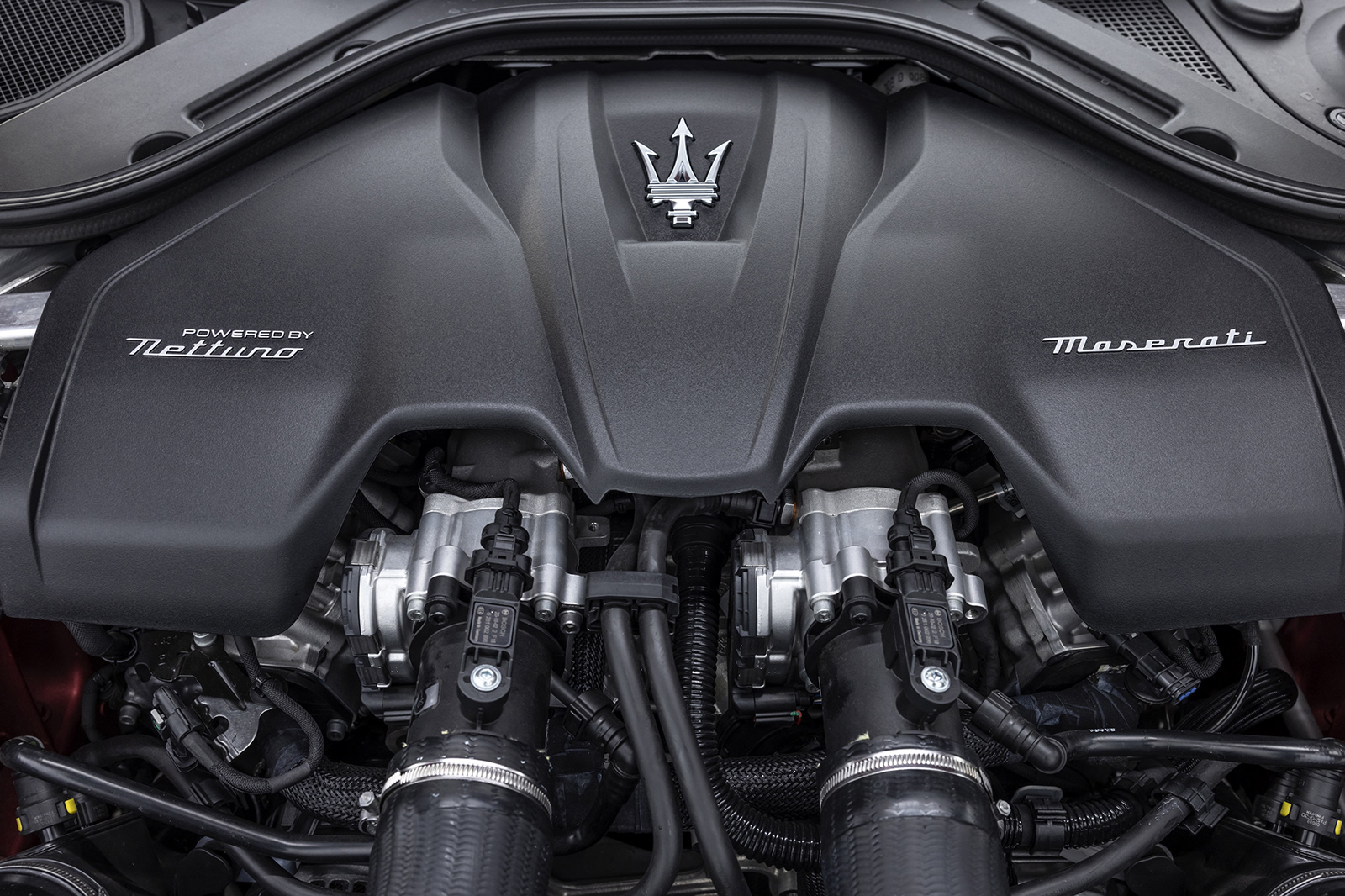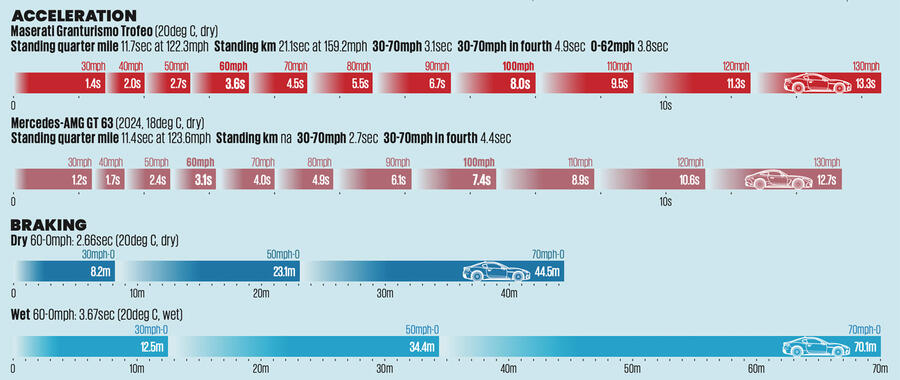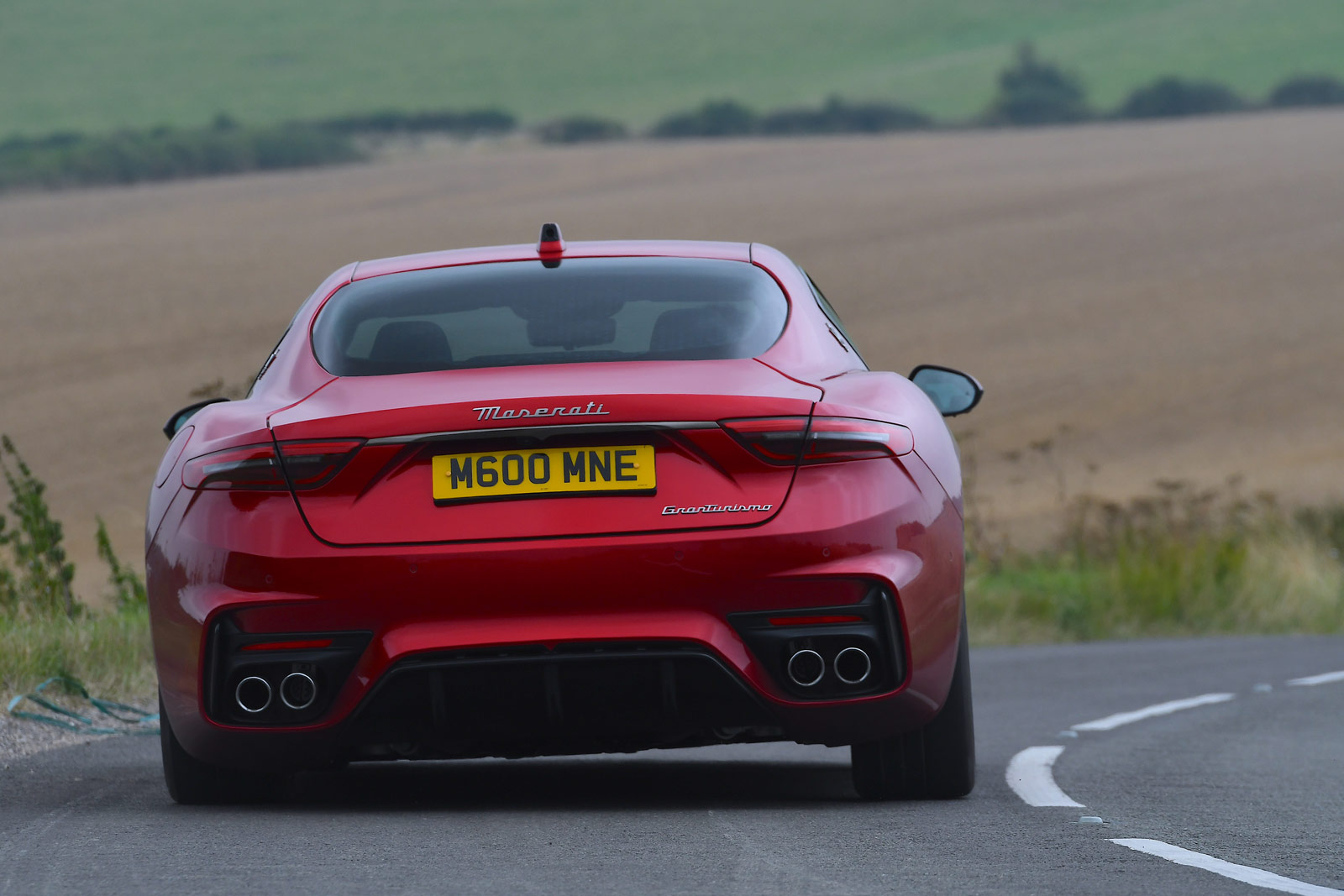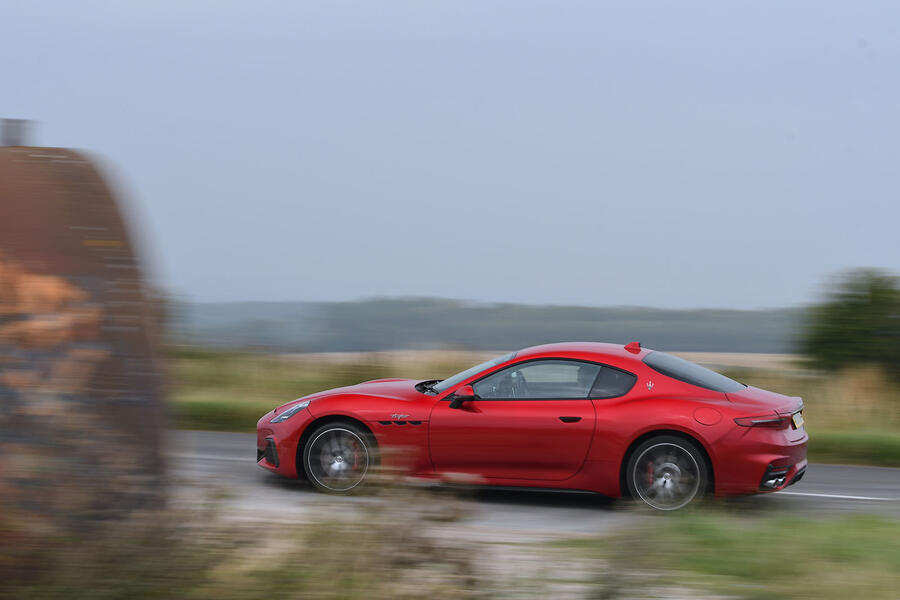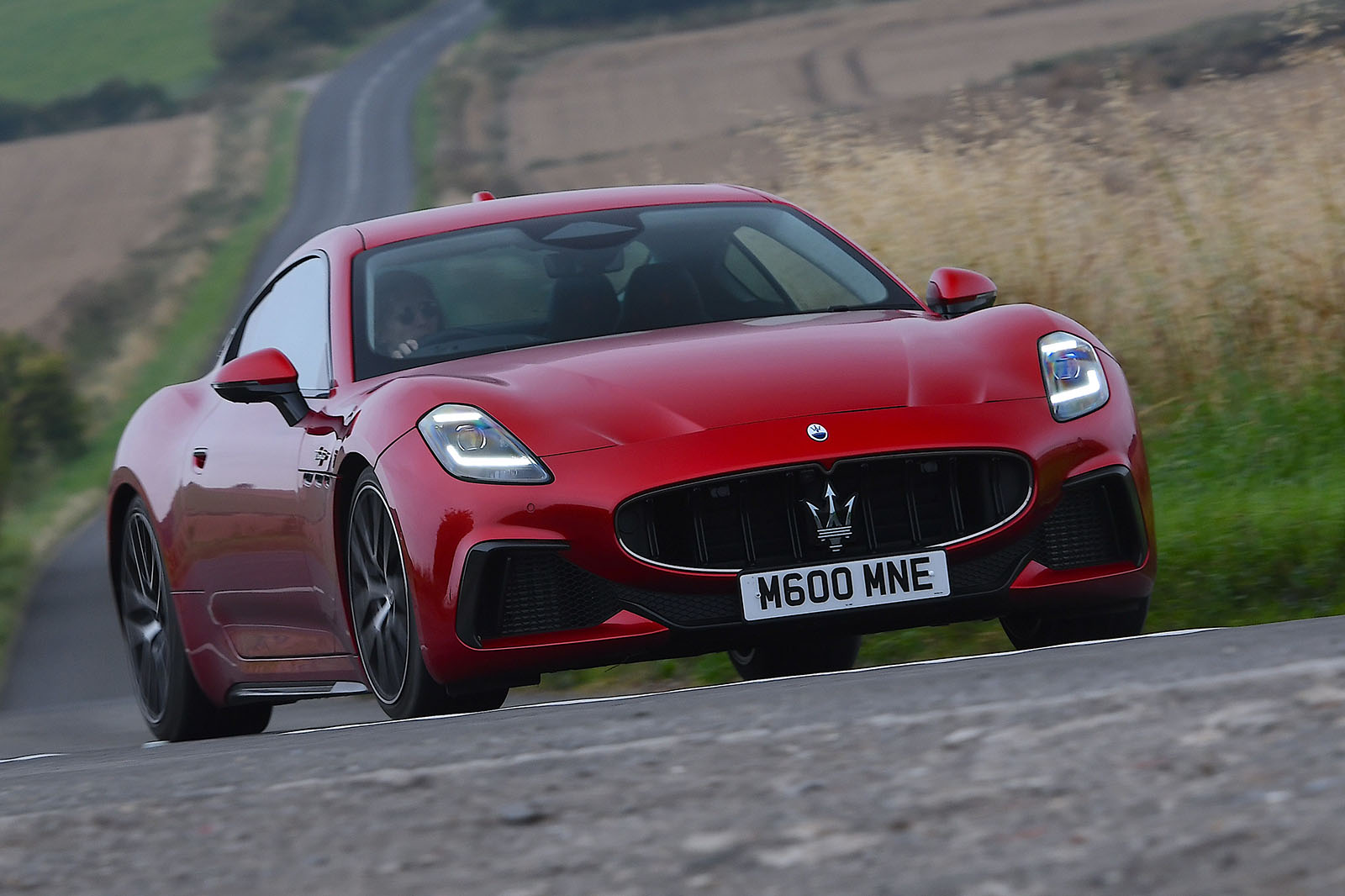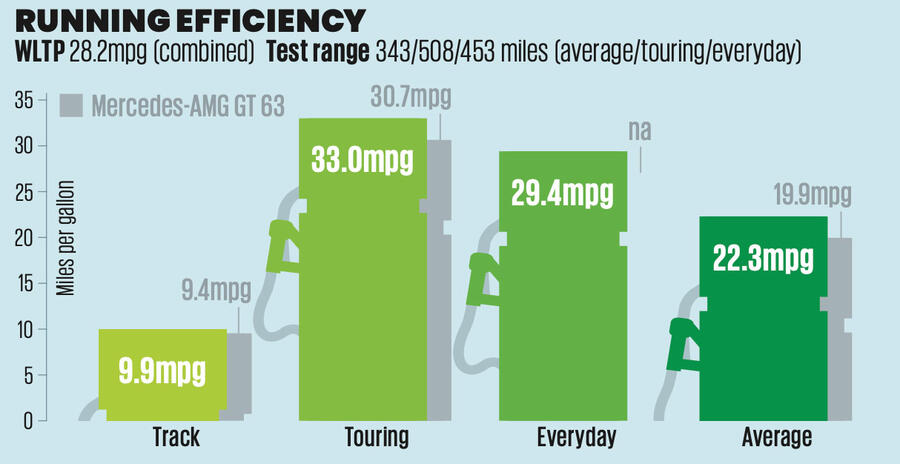The steering is a particular highlight. The engineers have chosen a fairly calm ratio and resisted making it too heavy. It just feels very intuitive and subtly feeds back information about grip levels through the thin rim of the steering wheel.
The switch to four-wheel drive hasn't made the GranTurismo a strait-laced traction monster. Turn the drive mode switch to Corsa and there's an enjoyable rear-driven balance, with the option of a sliver of oversteer out of tight corners. Equally, keep it in GT mode and it's as safe and undramatic as you would like.
We've yet to drive the Folgore in the UK, but were moderately impressed by it in Italy. The air suspension feels slightly firmer but remains impressively comfortable. The differences between its drive modes are even bigger than in the Trofeo.
In the Audi SQ8 E-tron, the tri-motor set-up promises more than it actually delivers. Same with the Tesla Model S Plaid. Maserati has made much better use of this opportunity, because the GranTurismo Folgore will very obviously over-rotate its outside rear wheel, giving this big, 2.3-tonne car a remarkable dose of agility. It really shrinks the car and, if you have the space and inclination, makes it very sweetly adjustable on the power.
Track notes
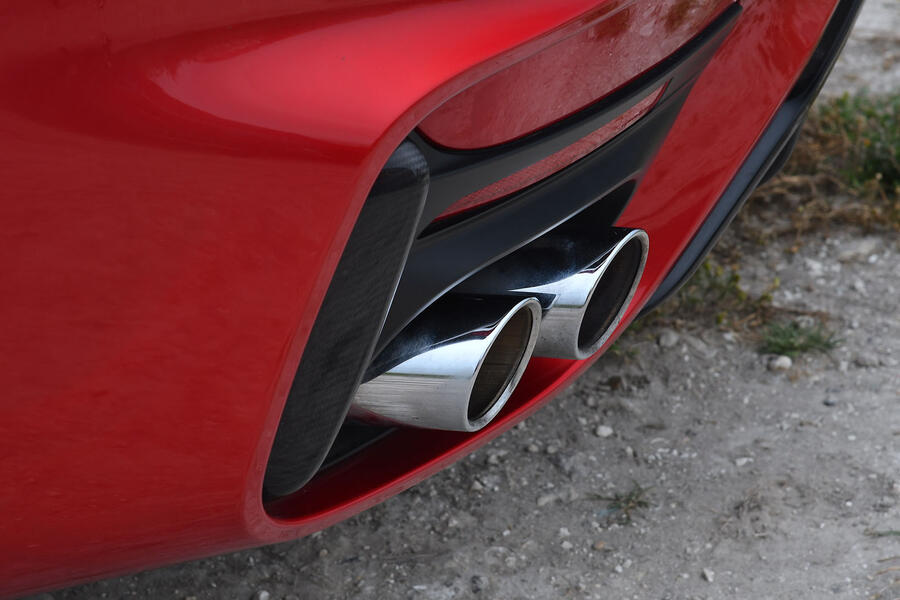
Our time with the GranTurismo was blessed with dry, sunny weather, which rendered its four-wheel drive system somewhat redundant. This is where MIRA's wet handling track comes in, demonstrating what to expect when you run this car through winter; or take it on a skiing holiday.
Traction is strong at all times and lets you use much of the power without unsettling flares of wheelspin. Leave the drive mode in GT or Comfort and the GranTurismo will reassure its driver in the corners as well, as the systems smoothly stop any slides in their tracks before they get a chance to develop; without dulling the car's innate rear-driven character.
Sport mode relaxes the systems to let you have some fun while keeping things sensible. Corsa feels for all intents and purposes like the stability control is off, letting you get the car quite sideways (though the four-wheel drive system eventually tries to pull it straight). It's only when you turn it fully off using the ESC button in the lower touchscreen that you notice how much the systems were helping you.
If there's anything that holds the GranTurismo back in slippery conditions, it's the relatively limited front grip. The steering gives you plenty of warning when the front end is about to wash wide, allowing you to drive around this issue, but winter tyres would be a worthwhile investment for the colder, wetter months, as the fitted Goodyears clearly struggle with standing water.
Assisted driving
Our test car had both the ADAS Base Package and Level 2 Package, at £3480 each, adding up to the sort of driver assistance feature line-up that you would expect from a mid-level Kia.
The adaptive cruise control works very well, speeding up and slowing down smoothly, and it isn't easily confused by cars in adjacent lanes or cars cutting in. The semi-autonomous steering system is relatively smooth too, as is the emergency lane keeping assistance.
The lane keeping assistance and overspeed warning, which are mandated to reactivate when starting the car, can be permanently disabled. In the case of the latter, that's a good thing, as the speed limit recognition is very inaccurate.
On our test car, which Maserati said was an early production car, the blindspot monitoring was faulty (it permanently thought there was an obstacle to the right); and the reversing camera sometimes stayed black.



